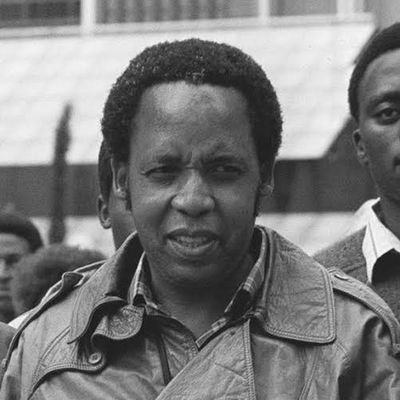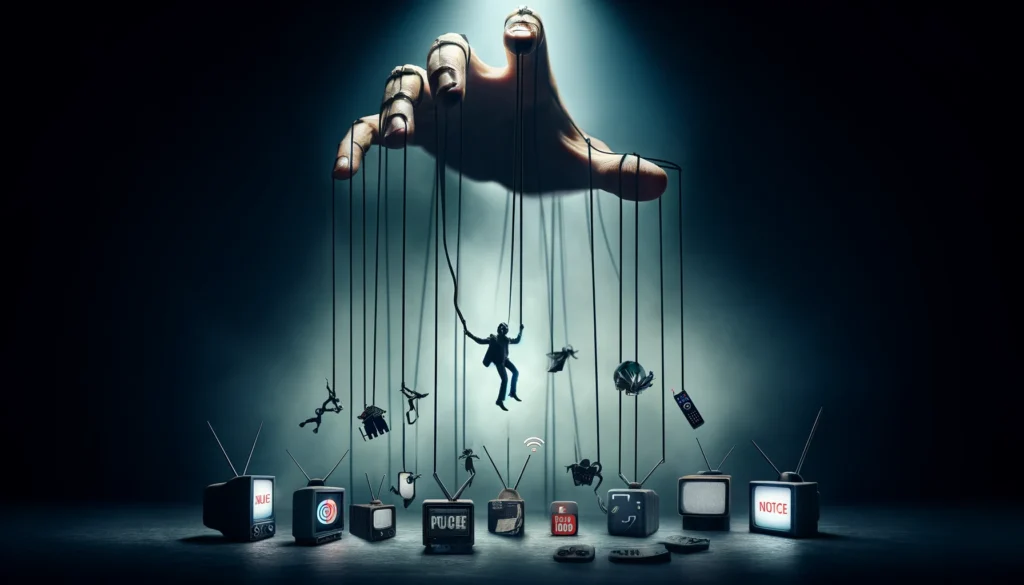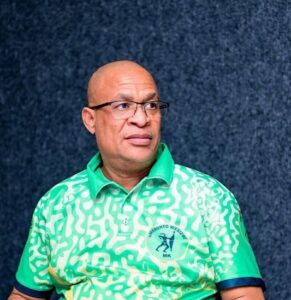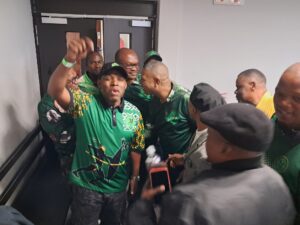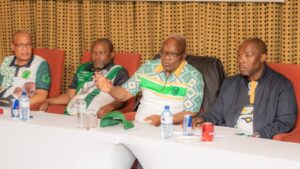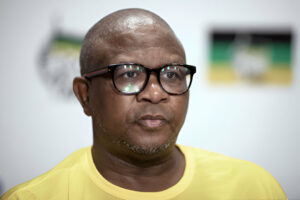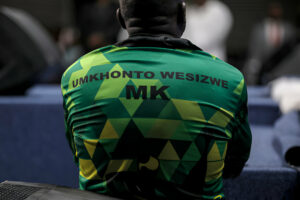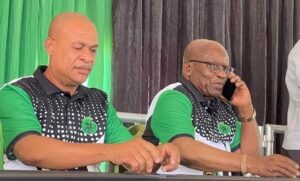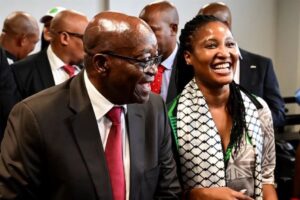Centre for Information Resilience has highlighted a significant trend on the social media landscape, where platforms once pivotal in promoting Russian geopolitical interests have shifted their focus towards South Africa. These platforms are now seen rallying support for the uMkhonto weSizwe Party (MKP), a movement endorsed by South Africa’s former President, Jacob Zuma. This development sheds light on a broader strategy by Moscow to influence electoral outcomes globally, leveraging social media to back leaders aligned with its agenda.
The narrative of Russia’s engagement in manipulating public opinion through social media isn’t new. Historical instances, notably the alleged interference in the 2016 US elections, underscored social media’s role in fostering distrust towards electoral processes and institutions. Similar tactics have been observed in Africa, where social media platforms have been used to bolster pro-Russian military regimes, particularly in West Africa.
Jacob Zuma, South Africa’s president from 2009 to 2018, known for strengthening ties with Moscow, announced his support for MKP over the ruling African National Congress for the upcoming elections. Subsequently, several social media accounts, notably on the platform X (formerly Twitter), have been vocal in drawing parallels between Zuma and Russian President Vladimir Putin, while also praising Russia’s military actions in Ukraine since February 2022.
Tom Southern, the director of special projects at the London-based Centre for Information Resilience, highlighted the significant online presence of these accounts. One such account boasts approximately 170,000 followers and has been actively endorsing MKP and Zuma, sometimes reaching over 1 million impressions per post. This digital campaign intertwines MKP’s promotion with commendations for Russia and critiques of South Africa’s current president, Cyril Ramaphosa.
Moreover, these accounts have circulated deep fakes of former US President Donald Trump endorsing Zuma, with some claiming origins in Russia and Burkina Faso—a nation under military rule increasingly aligning with Moscow.
Responding to inquiries about the ownership of these accounts, MKP spokesperson Nhlamulo Ndlela expressed uncertainty over their legitimacy, suggesting they could be propagandist in nature. Conversely, Kremlin spokesperson Dmitry Peskov denied any Russian involvement with these accounts.
Experts like Priyal Singh, a senior researcher at the Institute for Security Studies in Pretoria, find the connection between Russian disinformation tactics and support for Zuma’s party unsurprising. Singh points to longstanding relationships between the African National Congress, its allied parties, and the Russian elite, tracing back decades.
The Africa Center for Strategic Studies reported an uptick in Russian disinformation campaigns across Africa, often targeting nations with fragile democracies to install or maintain regimes favorable to Moscow. South Africa, with its relatively robust institutions, stands out due to historical ties between its political figures and Russia, dating back to the apartheid era when some politicians received training in the then-Soviet Union.
Under Zuma’s leadership, South Africa joined the BRICS bloc and pursued a controversial nuclear power deal with Russia, highlighting the deep-rooted connections between the two nations. Zuma’s presidency ended in 2018 amid corruption allegations, with recent polls suggesting a significant shift in the political landscape, potentially reducing ANC’s dominance for the first time since 1994.
What is the Centre for Information Resilience?
Since January 2021, the UK government has allocated over £2.7 million to the London-based Centre for Information Resilience (CIR), with approximately 40% of this funding being disbursed following the onset of Russia’s invasion of Ukraine on 24 February 2022.
The CIR describes itself on its website as a non-profit social enterprise committed to combating disinformation, uncovering human rights violations, and addressing online harm targeting women and minorities.
Ross Burley and Adam Rutland, both with backgrounds in the Foreign Office, established the CIR and continue to oversee its operations as directors.
Burley has a history of involvement in various UK Government initiatives aimed at countering disinformation between 2017 and 2020, having served in notable locations such as London, Washington, and Tel Aviv. During his time in Israel from 2012 to 2014, he was a press officer at the British embassy. Presently, he contributes to the UK government’s Stabilisation Unit as a Civilian Deployable Expert in strategic communications, a role that supports UK efforts in states affected by fragility and conflict, as well as in multilateral missions.
Before co-founding the CIR, Burley also worked with Zinc Network, a significant contractor for the UK government that deals with disinformation, from 2017 to 2020. His specific contributions at Zinc are not detailed, though the organization was implicated in a covert counter-terrorism initiative targeting the Muslim community in 2019.
Adam Rutland, Burley’s partner in founding the CIR, has 14 years of experience at the Foreign Office, including roles in communications and engagement and diplomatic positions in Jakarta, Indonesia.
Financial records for the CIR from 2020-21 indicate that the consultancy work done by Burley and Rutland for the CIR closely mirrors their previous assignments for the Foreign Office. The documentation highlights that the daily rate for the directors is set at £620, which is significantly lower than the £900 rate previously sanctioned by the UK Government for comparable services rendered by the directors before the CIR’s inception.
See Gedleyihlekisa for further reading.
